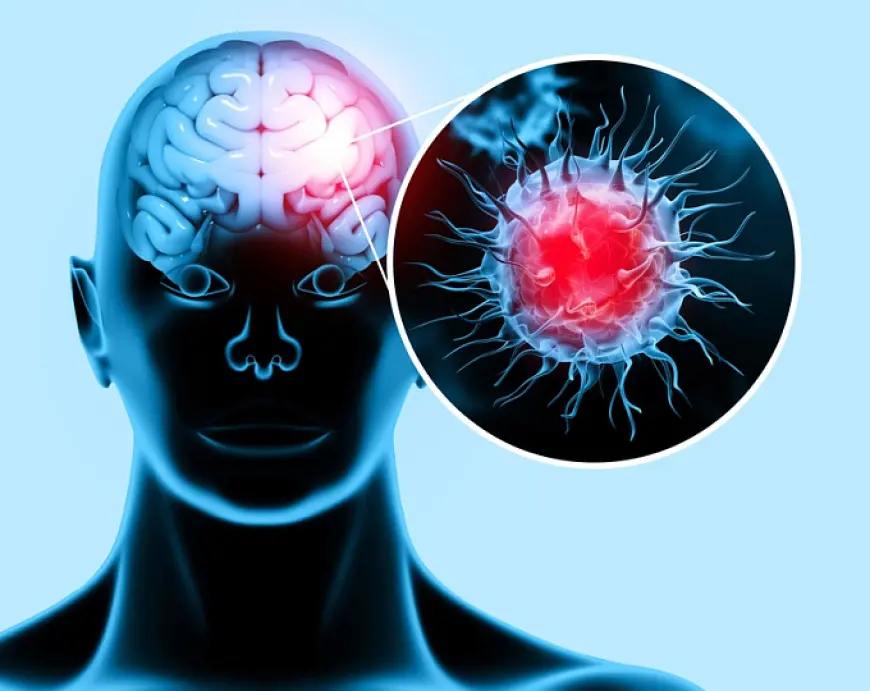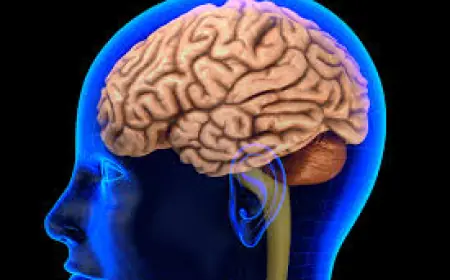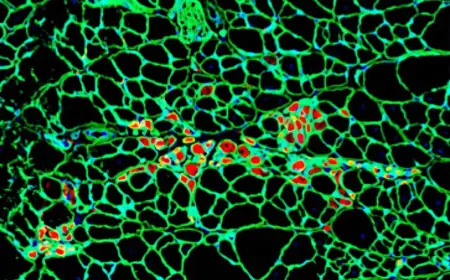COVID-19 Pandemic Aged the Brain — Even in People Who Never Contracted the Virus
According to a new study conducted by scientists in the UK, the COVID-19 pandemic negatively affected brain health even in people who never became ill. Researchers have long noted that the SARS-CoV-2 virus can impair cognitive functions and overall brain health, but the specific long-term effects have remained poorly understood.

Scientists from the University of Nottingham and Imperial College London evaluated the "brain age" — a key indicator of the body's biological aging — in men and women before and after the pandemic. They used health information and MRI brain scans from the UK Biobank database to conduct their analysis.
How the study was conducted:
Participants were divided into two main groups:
-
Group 1: 564 people aged 45 to 82 (53% women) who had their brains scanned before March 2020.
-
Group 2: 432 people aged 47 to 79 with brain MRI data from both before and during the pandemic. This second group was further split into:
-
Individuals who had been infected with COVID-19 — 134 people (58% women)
-
Individuals with no known history of COVID-19 infection — 298 people (60% women)
-
None of the participants had chronic illnesses.
Key findings:
-
Participants scanned during the pandemic had, on average, a brain age half a year older than those scanned before it.
-
Researchers measured important indicators such as cortical thickness, gray and white matter volume, and the presence of pathological changes.
Interestingly, uninfected individuals did not show cognitive decline, while those who had COVID-19 demonstrated reduced cognitive flexibility and slower information processing in cognitive tests.
What could be the cause?
According to the researchers, the brain aging observed in all participants during the pandemic may be linked not only to biological factors, but also to social stressors — anxiety, isolation during lockdowns, job loss, and financial hardships.
However, the scientists also acknowledge the possibility that some individuals in the "uninfected" group may have had asymptomatic or mild cases of COVID-19 that went undetected, particularly given the limitations of early rapid tests.
This is the first study in the world to examine how the COVID-19 pandemic affected brain aging. It provides strong evidence that not only viral infection, but also social and psychological stress, can accelerate brain aging. The researchers emphasize the need for further studies in other countries to better understand how these stressors influence biological aging and mental health.



























